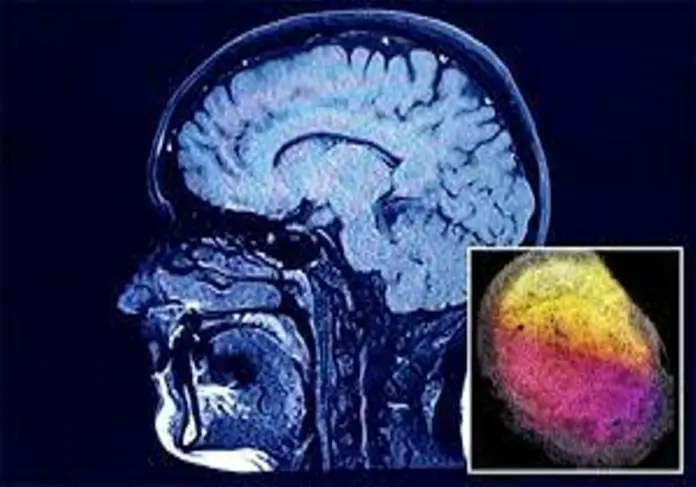Scientists have successfully cultivated lab-grown “minibrains” from human foetal brain tissue marking a significant leap forward in the field of neuroscience. These tiny organoids resembling grains of rice emulate the functionality of full-sized brains opening up a realm of possibilities for innovative treatments, according to Dutch researchers.
The development of these minibrains is poised to revolutionize the study of brain development providing invaluable insights into diseases and conditions linked to the intricate workings of the brain including deadly brain tumors. Professor Hans Clevers from the Hubrecht Institute expressed the significance of this breakthrough stating, “With our study, we’re making an important contribution to the organoid and brain research fields.”
The minibrains offer a unique opportunity to delve into the complexities of brain development potentially paving the way for novel treatments. In a world-first achievement published in Cell, researchers utilized small pieces of foetal brain tissue grown in the womb to construct these miniorgans. Unlike other organoids such as those of the gut which use individual cells, the foetal brain tissue displayed the remarkable ability to “self-organize” into organoids retaining characteristics from the specific brain region.
The potential applications of this breakthrough extend to addressing conditions like brain tumors. A significant health concern affecting around 16,000 Britons annually. Current treatment methods include surgery, radiotherapy and chemotherapy. However, researchers are continually seeking innovative approaches that could lead to breakthrough medications.
Dr. Delilah Hendriks of the Princess Maxima Centre highlighted the significance of these organoids stating, “These organoids can offer novel insights into what shapes the different regions of the brain.” The ability to continuously grow and utilize brain organoids from foetal tissue holds promise for unravelling the complexities of the human brain.
As the scientific community embraces this transformative development, the excitement resonates with the potential for new discoveries and a deeper understanding of the human brain. The journey from the initial development of human gut organoids in 2011 to the creation of brain organoids underscores the rapid evolution of technology in this field. With each stride forward, researchers anticipate uncovering unprecedented knowledge about the human brain bringing us closer to revolutionary breakthroughs in neuroscience.







